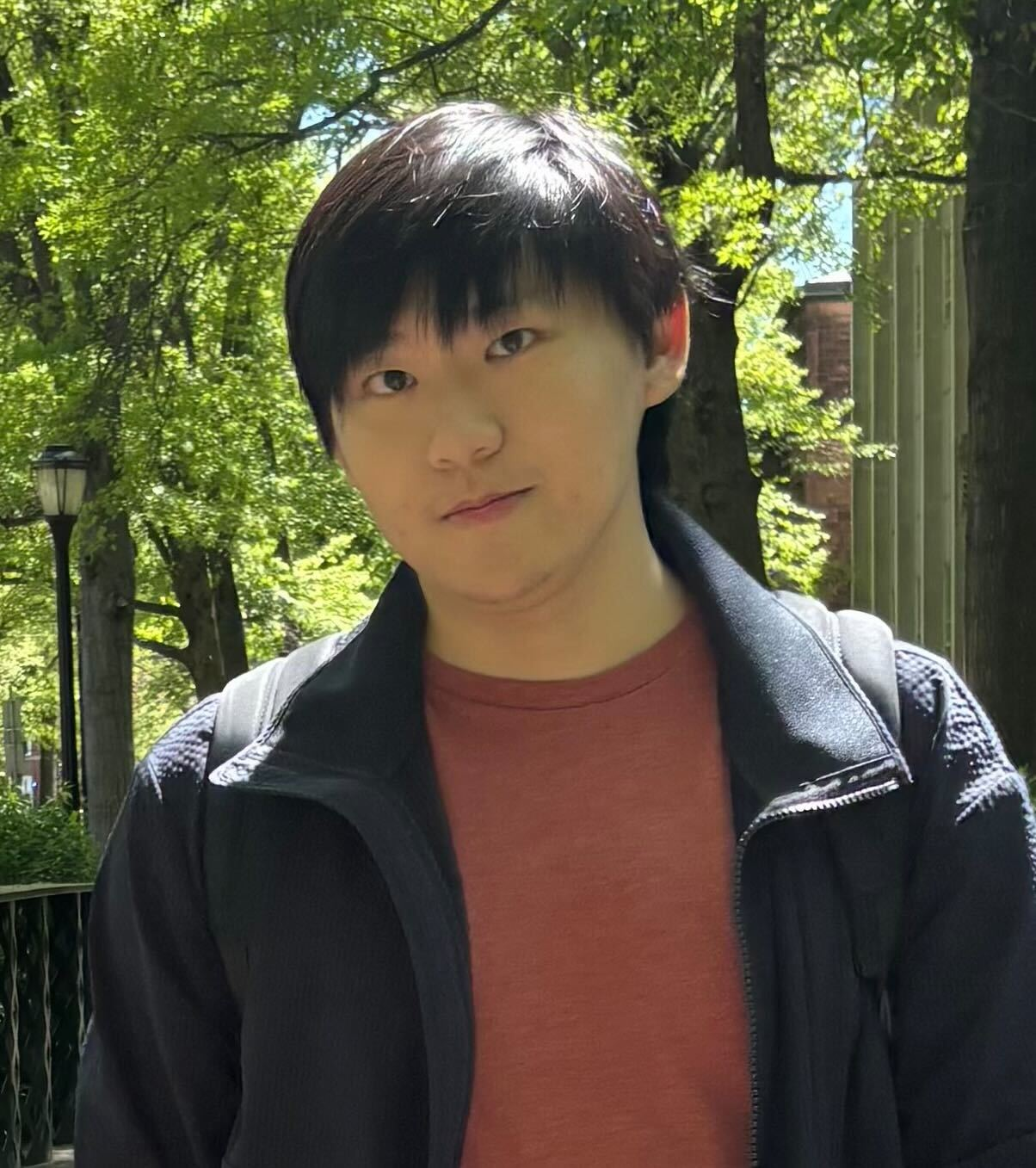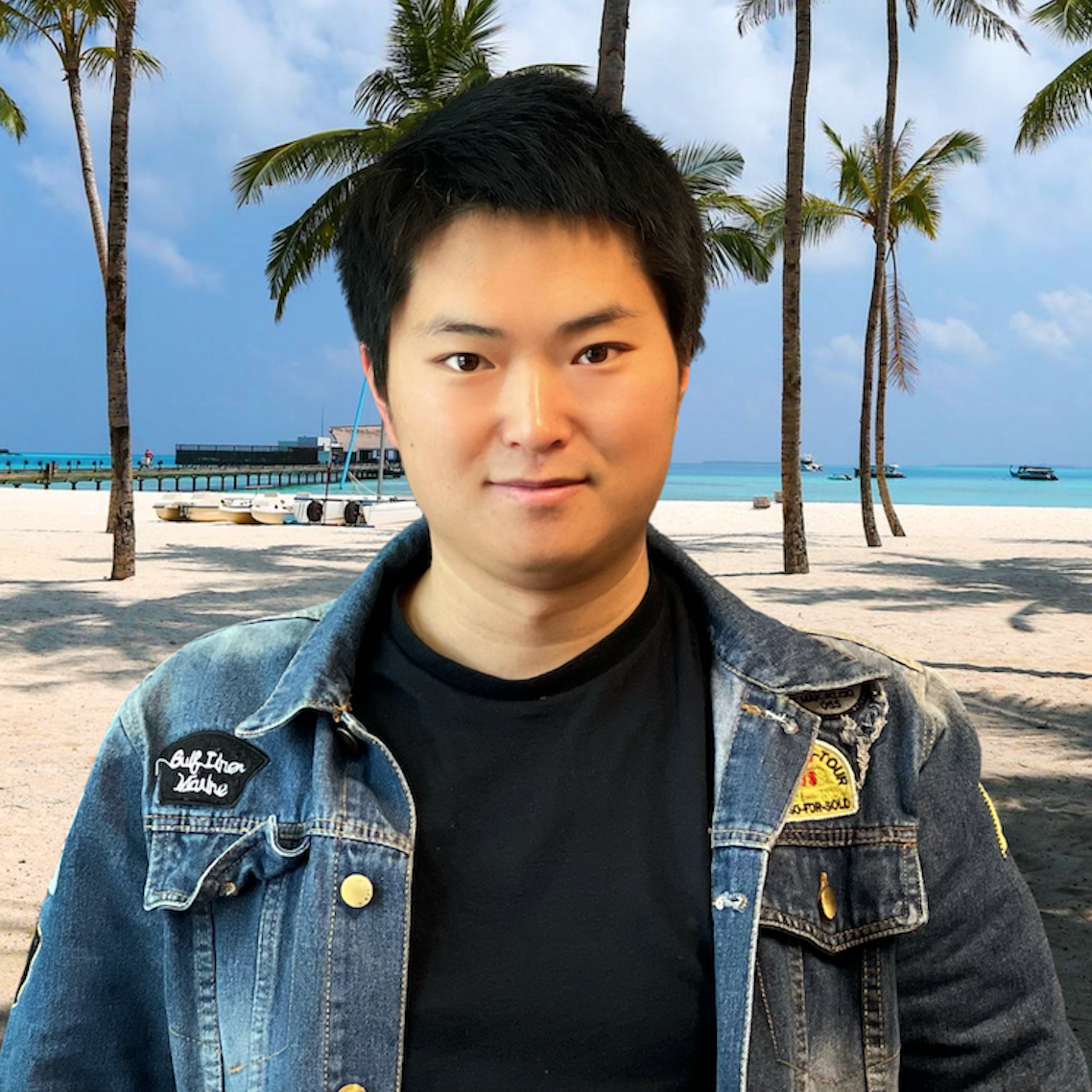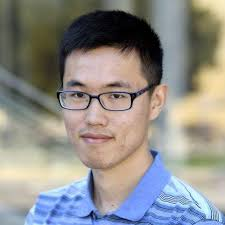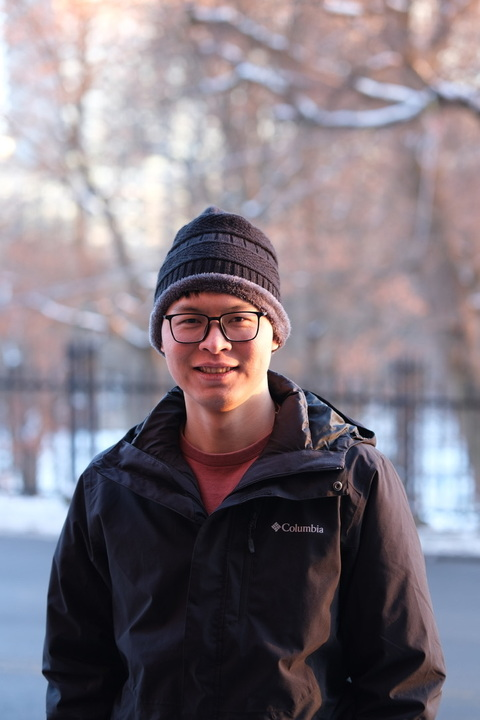KDD 2025 Tutorial: Hyperbolic Deep Learning for Foundation Models
This tutorial on Hyperbolic Deep Learning for Foundation Models will take place at KDD 2025. We invite you to explore the advancements in hyperbolic deep learning and its applications in foundation models.
This tutorial at KDD 2025 aims to provide a comprehensive understanding of hyperbolic deep learning methods and their application to foundation models. It will cover the theoretical foundations, practical implementations, and future research directions in this exciting field. The tutorial is designed for a broad audience, including both newcomers and experts in machine learning, and will feature interactive components to engage participants.
Join our  Slack workspace for more discussions and updates about the tutorial!
Slack workspace for more discussions and updates about the tutorial!
Important Information
- 1:00 PM - 4:00 PM, August 04, 2025: Lecture-style Tutorial at KDD 2025 (Half-day session)
- Location: Room 712, Toronto Convention Centre, Toronto, Canada
- Slides: Tutorial Slides
- Survey: Hyperbolic Deep Learning for Foundation Models: A Survey [PDF]
Tutorial Outline
The tutorial will focus on hyperbolic deep learning methods for foundation models and potential future directions. It will be organized as follows, with a 10-minute break:
- Introduction & Motivation (35 minutes)
- Overview of Euclidean foundation models
- Brief introduction to hyperbolic geometry and Riemannian manifolds
- Motivation for incorporating hyperbolic geometry into foundation models (e.g., hierarchical structures, scale-free properties)
- Hyperbolic Neural Networks as Building Blocks (40 min)
- Hyperbolic neural network operations (feature transformation, residual connections, normalization)
- Hyperbolic neural network models (RNNs, MLPs, CNNs, GNNs)
- Hyperbolic Foundation Models (60 minutes)
- Hyperbolic Transformers and LLMs (architectures, training, applications)
- Hyperbolic vision foundation models (e.g., ViTs, CLIP, recent advances)
- Hyperbolic multi-modal models (compositionality, cross-modal learning)
- Future Directions and Challenges (35 Minutes)
- Hyperbolic pre-trained models
- Advanced hyperbolic foundation models
- Hyperbolic deep learning tools and libraries
- Open problems and research opportunities
Interactive Components
- Live Polling: Using tools like Slido or Mentimeter for real-time audience engagement.
- Open-ended Discussions: Facilitated discussions on key challenges and future directions.
- Interactive Q&A: Dedicated sessions for audience questions, using platforms like Google Moderator.
Societal Impact
Foundation models and hyperbolic deep learning have broad societal applications, including:
- Natural language processing (hierarchical concept capture, privacy-preserving representations, summarization)
- Computer vision (object detection, segmentation, video prediction)
- Natural sciences (protein folding, single-cell analysis, brain modeling)
- Complex networks (social networks, recommender systems)
This tutorial will support future research in hyperbolic foundation models, which have the potential to advance these important areas for wide societal impact.
Target Audience and Prerequisite
This tutorial targets machine learning researchers of any background, particularly those interested in foundation models, non-Euclidean, and geometric deep learning. We explore advanced applications of hyperbolic geometry in these fields, focusing on large-scale hyperbolic models that extend beyond the concepts covered in previous tutorials. No special background in differential geometry is required, though familiarity with mathematical concepts such as Riemannian manifolds would be helpful. The tutorial is accessible to researchers and practitioners from diverse backgrounds, including those with limited prior exposure to hyperbolic geometry or geometric deep learning.
Tutors and Contributors
 Neil He (Tutor) UIUC/Yale University |
 Menglin Yang (Tutor) HKUST(GZ) |
 Rex Ying (Tutor) Yale University |
 Hiren Madhu (Contributor) Yale University |
 Ngoc Bui (Contributor) Yale University |
-
Neil He (Tutor) is a first-year PhD student in computer science at the University of Illinois Urbana-Champaign (UIUC). Previously, he obtained my Bachelors and Masters in Mathematics at Yale University. He is mainly insterested in geometric deep learning, such as generative modelling on Riemannian manifolds and non-Euclidean foundation models, with applications in the natural sciences such as protein synthesis. He is also broadly interested in exploring how to build foundation models for structured datasets, particularly for real-world applications. Reach out to talk about exciting research ideas, tennis, or reptiles preservations!
-
Menglin Yang (Tutor) is currently an Assistant Professor in AI Thrust at the Hong Kong University of Science and Technology (Guangzhou), HKUST(GZ). He was previously a postdoctoral researcher at Yale University and received his Ph.D. from The Chinese University of Hong Kong. His research interests include hyperbolic geometric learning and foundation models. He organized tutorials on hyperbolic graph learning at KDD 2023 and ECML-PKDD 2022, and a workshop on non-Euclidean foundation models at TheWebConf (WWW) 2025 as lead organizer.
-
Rex Ying (Tutor) is an Assistant Professor in the Department of Computer Science at Yale University. His research focus includes geometric deep learning, foundation models with structured data, multi-modal models, graph learning, and trustworthy deep learning. He is interested in the use of graphs and geometry to empower representation learning in expressiveness and trustworthiness in large-scale settings. Rex has built multi-modal foundation models in engineering, natural science, social science, and financial domains. He won the best dissertation award at KDD 2022 and the Amazon Research Award in 2024. His research is supported by the National Science Foundation, Gordon and Betty Moore Foundation, and industry partners such as NetApp, Goldman Sachs, Snap Research, and Amazon Research Award.
-
Hiren Madhu (Contributor) is a PhD student in the Department of Computer Science at Yale University, advised by Professor Rex Ying and Professor Smita Krishnaswamy. His research focus includes geometric deep learning, foundation models with structured data, and their applications to biological data. He is particularly interested in developing novel machine learning methodologies that leverage graph-based and manifold-based approaches for efficient and interpretable representation learning for large biological datasets.
-
Ngoc Bui (Contributor) is a PhD student in the Department of Computer Science at Yale University, working under the supervision of Professor Rex Ying. His research interests broadly include large language models (LLMs) and their applications, such as personalized assistants and synthetic data generation through simulations.
Survey Paper
Hyperbolic Deep Learning for Foundation Models: A Survey
@inproceedings{he2025hyperbolic,
title={Hyperbolic Deep Learning for Foundation Models: A Survey},
author={He, Neil and Madhu, Hiren and Bui, Ngoc and Yang, Menglin and Ying, Rex},
booktitle={Proceedings of the 31st ACM SIGKDD Conference on Knowledge Discovery and Data Mining},
year={2025},
organization={ACM}
}
Feel free to contact us at hyperbolic.kdd25@outlook.com. We look forward to your participation in the workshop!